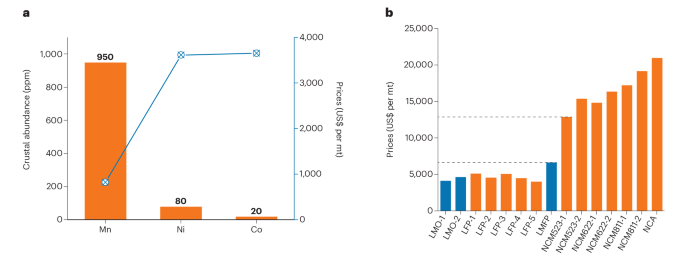Beyond the Corporate Culture Wars: How Companies Are Revolutionizing Decision-Making on Social Issues
While academics debate corporate purpose and politicians fight over “woke capitalism,” something remarkable is happening on the ground in corporate America. Companies are quietly recognizing a fundamental truth: business decisions and social considerations are no longer separable. From healthcare pricing to content moderation, from supply chain ethics to AI development, social dimensions are embedded […]

Stavros Gadinis is the George R. Johnson Professor of Law at the University of California, Berkeley School of Law. This post is based on his working paper.
While academics debate corporate purpose and politicians fight over “woke capitalism,” something remarkable is happening on the ground in corporate America. Companies are quietly recognizing a fundamental truth: business decisions and social considerations are no longer separable. From healthcare pricing to content moderation, from supply chain ethics to AI development, social dimensions are embedded in core operational choices. Rather than treating these as peripheral concerns, forward-thinking companies are investing significant resources to develop sophisticated frameworks for navigating these challenges systematically.
This evolution represents far more than traditional compliance programs or feel-good corporate social responsibility initiatives. Companies are creating entirely new decision-making technologies that operate through three distinct but interconnected functions: establishing clear principles through corporate rulemaking, implementing strategic choices through executive action, and ensuring consistent application through systematic monitoring.
A New Framework for Corporate Governance
Corporate rulemaking involves creating comprehensive frameworks with general applicability across the organization. When Salesforce developed its Sustainability Exhibit—contractual terms requiring all suppliers to disclose emissions and set science-based reduction targets—it wasn’t just making a procurement decision. The company was establishing binding rules that would govern thousands of future relationships. Similarly, when Apple sets App Store policies mandating standardized rules for developers, these frameworks transcend individual transactions to create new normative orders for entire ecosystems. (more…)











































































































































